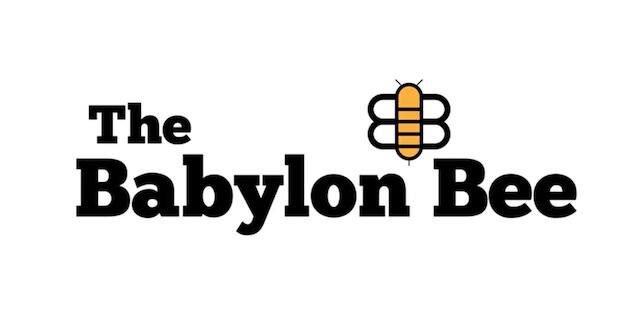Southern Poverty Law Center Under Fire for ‘Doxing’ Satirical Christian Writers

The Southern Poverty Law Center (SPLC), a nonprofit known for tracking hate groups, is facing backlash for exposing the identities of writers for the satirical Christian websites The Babylon Bee and Not the Bee.
In its “Inside the Beehive” report, the SPLC accused The Babylon Bee’s Seth Dillon of publishing content that critiques progressive ideologies, particularly on issues related to immigration and gender, according to Fox News. The report also highlighted Not the Bee’s use of Bible references, such as the passage about “millstones,” which it claims targets LGBT individuals.
The SPLC’s report publicly identified, or “doxxed,” 14 pseudonymous writers for The Babylon Bee, including Managing Editor Joel Berry, who allegedly wrote 140 articles under the name “Davey Crockett.” The organization also criticized Bee writer Peter Heck for advocating that the Bible be taught in every public school in the United States, linking to a 2015 article about his career as a public high school teacher.
READ: Southern Poverty Law Center brands Moms for Liberty a “hate group”
The Babylon Bee’s Seth Dillon responded to the report on X (formerly Twitter), saying the SPLC “extracted sensitive information from our site, then used that information to contact our writers directly.” [Elon Musk, CEO of Tesla and X, replied to Dillon’s post, calling the SPLC “a criminal organization [in my opinion].”
The Family Research Council also denounced the SPLC’s report, calling it “more shameful behavior” from the organization. The group pointed to a 2012 incident in which a man used an SPLC “hate map” to plan a shooting at the Family Research Council’s headquarters in Washington, D.C.
“Doxxing individuals you disagree with puts their safety and well-being at risk,” the Family Research Council said. “As does placing someone on a ‘hate map,’ like the SPLC did in 2012, which led a gunman to our headquarters with the intent to kill as many staff members as possible, wounding our building manager.”
The SPLC’s actions have sparked a wider debate about the line between free speech and hate speech, and the role of organizations like the SPLC in policing that line. While the SPLC has exposed what are commonly considered hate groups, its targeting of Christian ministries,, individuals like Black-American and Trump supporter Dr. Ben Carson, and satirical writers has raised questions about its methods and motivations.
As the online landscape continues to evolve, incidents like this highlight the need for careful consideration and nuance in addressing issues of speech, identity, and safety. Satire has long been a powerful tool for social commentary, and its practitioners have a right to express themselves without fear of reprisal or harassment.
The SPLC’s move to “dox” The Babylon Bee writers not only undermines this principle, but also risks chilling speech more broadly, say its critics. By targeting writers for their perceived ideological transgressions, the SPLC sets a dangerous precedent that could be exploited by other groups seeking to silence their opponents.
–Dwight Widaman | Metro Voice








